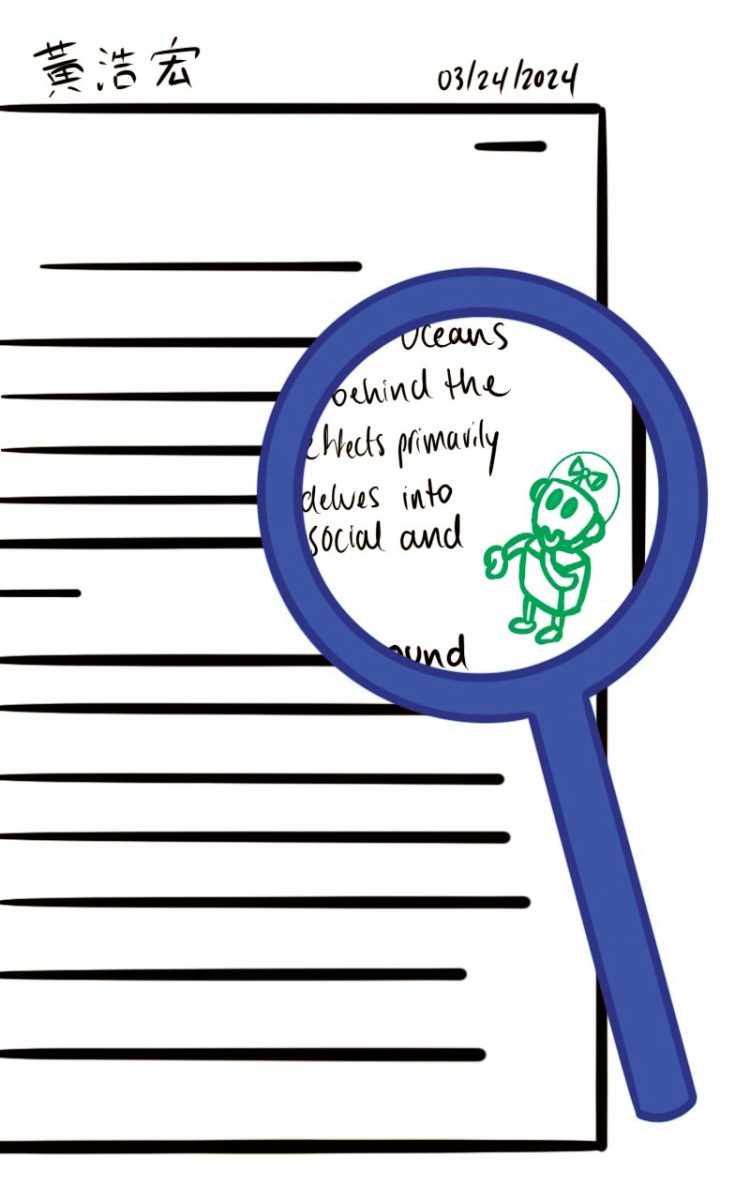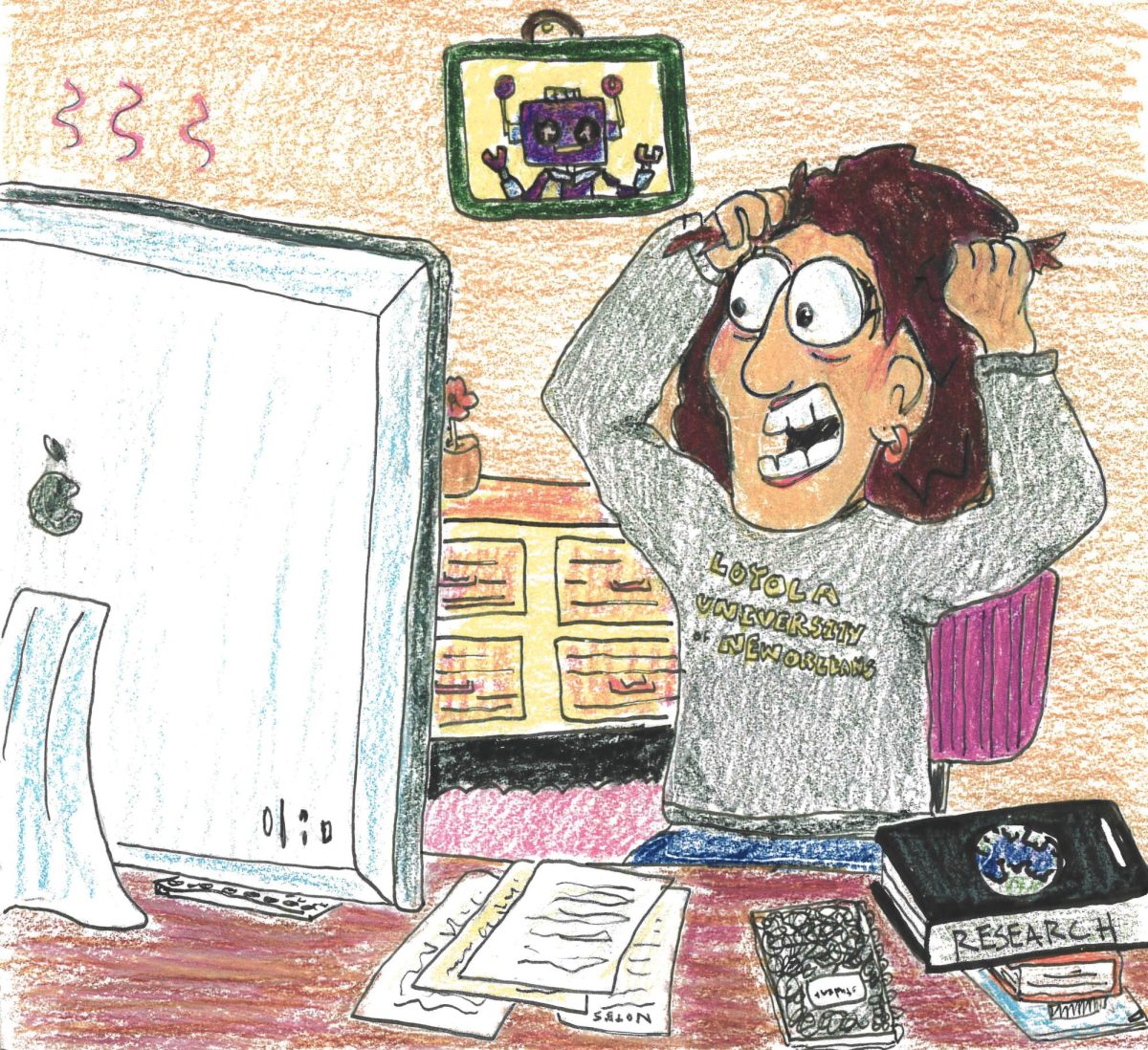“Are you a Democrat or a Republican?”
This is that pesky and persistent question that people often ask when talking about politics.
It reminds me of the timeless game of tag that everyone plays in grammar school and children ask each other, “Which team are you on?”
Then the children run around and try to get the opposing team eliminated so that they win. The game goes on for several minutes until their teachers call them inside for class.
Unfortunately, the game of tag between the two political parties never ends.
The knock-down, drag-out competition between the two main political parties in the United States might seem like it ends after elections, but it doesn’t.
Once these officials are elected, they sit in office and continue the competition between the parties’ influences in the government.
They fight over abortion bills, healthcare bills, the debt ceiling and much more. This is common knowledge.
The parties’ dichotomy, however, prevents real action.
This game is never-ending because the two parties are stuck on exactly what they want.
The concept of compromise, which our nation was founded upon, does not seem to exist in Congress.
Brief history lesson: both the Federalists and the Antifederalists built the foundation of our nation.
They were arguably the first two political parties, and while they may not have agreed on everything, they found compromise.
The Antifederalists did not like that there was so much power in the national government and the federalists wanted a more centralized government. So, they compromised, which is why we have a Constitution and a Bill of Rights.
Why, then, does Congress choose to ignore our past and shoot for the same winner-take-all approach that they did when they played tag as children?
Take the recent government shutdown, for example.
The Democratic Party generally endorsed the Affordable Health Care Act proposed by President Barack Obama, yet the majority of the Republican Party did not.
When the ACA was passed, the majority of the Republican Party was not happy, so when it came time to pass the budget for 2014, the Republican-led House chose not to pass any budget proposed by the Senate, thus entering the U.S. into a government shutdown.
The two parties’ extreme actions, the Democrats with the ACA and the Republicans with the government shutdown, could have all been prevented had the parties sat down and created a bill they both felt comfortable with.
Again, it’s called compromise.
Both parties can’t seem to recognize that they are hurting the U.S.’s morality and credibility by refusing to compromise.
The gridlock has got to end.
Our congressional leaders need to understand that they are representing not only their constituents but also the U.S. as a whole.
The great divide between the two parties has become a parasite in the U.S.’s government, and to end it, they need to learn to find common ground and compromise.
Their refusal to compromise disregards the entire foundation of our nation and fails to follow their most important duty: to create laws for the good of our nation.
Cate Tringali is a philosophy pre-law/political science sophomore and may be reached at [email protected]

Health and Human Services Secretary Kathleen Sebelius testifies on Capitol Hill on Oct. 30 about the difficulties of implementing the Affordable Care Act. Democrats and Republicans struggled to reach an agreement on the act, resulting in a government shutdown. (AP Photo/Evan Vucci)


















